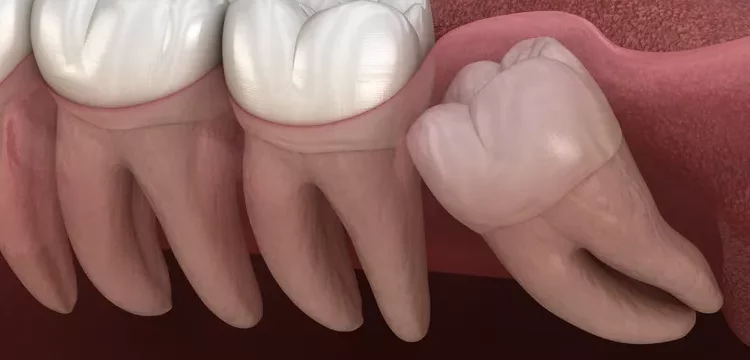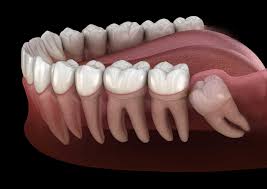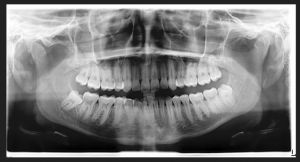
Wisdom teeth, also known as third molars, are the last set of teeth to emerge in the back of the mouth. Most people develop four wisdom teeth, two on the upper jaw and two on the lower jaw.
While some people have enough room in their mouths to accommodate these teeth without any issues, many others experience problems when their wisdom teeth begin to emerge. In this article, we will explore the reasons why you should consider removing your wisdom teeth.
The Hidden Dangers of Keeping Your Wisdom Teeth – Why Extraction is Key
Preventing overcrowding and misalignment
One of the most common reasons why dentists recommend removing wisdom teeth is to prevent overcrowding and misalignment.
The human jaw has evolved over time to be smaller than it was in the past, and as a result, many people do not have enough room in their mouths to accommodate these extra teeth.
When wisdom teeth emerge, they can push against the other teeth, causing them to shift out of alignment. This can lead to a number of issues, including difficulty biting and chewing, jaw pain, and even headaches.
Reducing the risk of tooth decay and gum disease
Wisdom teeth are located at the very back of the mouth, which makes them difficult to clean properly. As a result, they are more susceptible to tooth decay and gum disease than other teeth. Even if you are diligent about brushing and flossing, it can be challenging to reach these teeth with a toothbrush or floss. Removing wisdom teeth can reduce the risk of these issues and help you maintain good oral health.
Avoiding cysts and other oral health issues
Wisdom teeth can sometimes become impacted, which means that they do not fully emerge from the gum line. When this happens, a cyst can form around the tooth, which can lead to infection and damage to the surrounding bone and teeth. In some cases, this can even lead to the development of tumors. Removing wisdom teeth can help prevent these issues and ensure that your oral health remains in good condition.
Easing orthodontic treatment
If you are undergoing orthodontic treatment, such as braces, removing wisdom teeth can make the process easier and more effective. Wisdom teeth can put pressure on the other teeth, causing them to shift out of place and interfering with the progress of orthodontic treatment. By removing these teeth, you can ensure that your orthodontic treatment proceeds smoothly and with the best possible outcome.
Improving overall health
Poor oral health has been linked to a number of other health issues, including heart disease, stroke, and diabetes. By taking care of your oral health, you can reduce the risk of these and other conditions. Removing wisdom teeth is one way to ensure that your oral health remains in good condition and to promote overall health and wellbeing.
Reducing pain and discomfort
Many people experience pain and discomfort when their wisdom teeth begin to emerge. This can be due to a variety of factors, including pressure on the other teeth, inflammation, and infection. Removing wisdom teeth can help alleviate these symptoms and improve your overall quality of life.
Why Removing Wisdom Teeth is a Smart Choice
In conclusion, there are many compelling reasons to consider removing your wisdom teeth. Whether you are experiencing pain and discomfort or simply want to maintain good oral health, consulting with your dentist about the possibility of can be a wise decision.
With modern dental techniques and technologies, wisdom teeth removal is a safe and effective procedure that can help ensure that your oral health remains in good condition for years to come. So if you are experiencing issues with your wisdom teeth, don’t hesitate to speak with your dentist about your options for removal.

